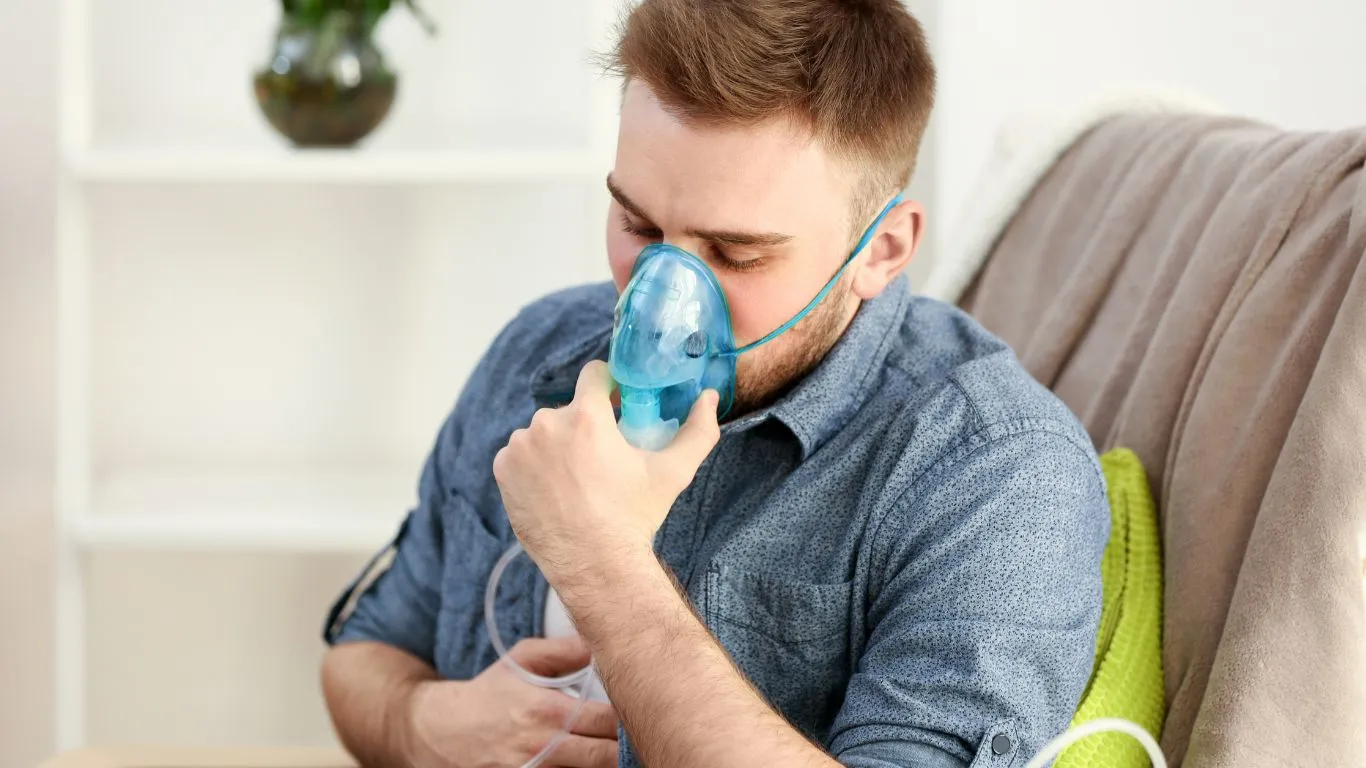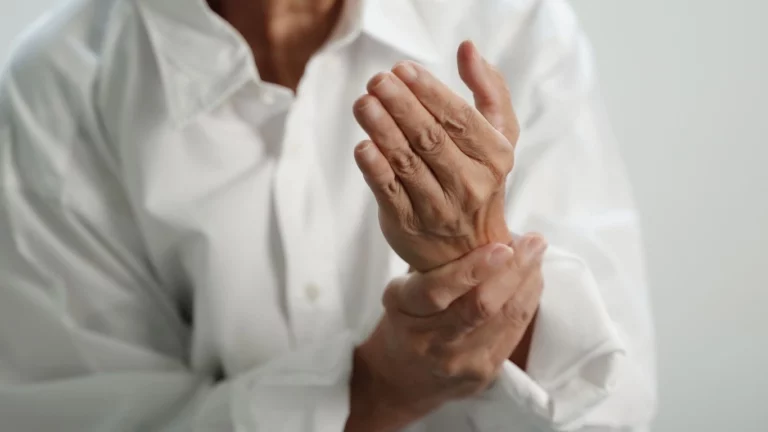How to Stop Wheezing Fast at Home: Easy Relief Tips That Actually Work
Wheezing can sneak up on you like an uninvited guest—one minute you’re fine, the next you’re struggling to catch your breath and that high-pitched whistling sound kicks in. As a pulmonary nurse, I’ve seen this firsthand in ERs, clinics, and home care visits. And if you’re wondering how to stop wheezing fast at home, you’re definitely not alone. It’s a question I’ve answered dozens of times, especially from patients who want real-world, practical tips that actually work—not just textbook theories.
Understanding Wheezing: Why It Happens and What It Means

Alright, let’s dive into what you actually came here for—how to stop wheezing fast at home. Over the years, I’ve gathered a solid set of techniques that help my patients manage those scary, tight-chest moments. These are not pie-in-the-sky remedies; we’re talking real, down-to-earth things you can do in your living room, right now.
1. Get Into an Upright Position
This might sound too simple, but trust me—it works. The first thing I always tell my patients when they start wheezing is to sit up straight. Lying down can actually make it worse because it puts extra pressure on your lungs. Prop yourself up with pillows or sit on the edge of the bed. I’ve seen this small change bring noticeable relief within minutes.
2. Try Pursed-Lip Breathing
This one’s a game-changer, and I teach it to almost every wheezy patient. It’s a technique that helps control shortness of breath and slows down your breathing. Here’s how to do it:
- Inhale slowly through your nose for about 2 seconds.
- Pucker your lips like you’re blowing out a candle.
- Exhale gently through your pursed lips for 4 seconds.
I like to say: “Smell the roses, blow out the birthday candles.” Super effective and calming, especially in anxious moments.
3. Use a Rescue Inhaler (If You Have One)
Okay, I know this isn’t exactly a “home remedy,” but it’s crucial. If you have a prescribed albuterol inhaler (like Ventolin), now’s the time to use it. Just be careful not to overuse it—if you find yourself needing it more than every 4 hours, or it’s not working, you need to get help ASAP.
4. Steam It Out

One of my go-to tips, especially when mucus is part of the problem. Steam helps loosen congestion and soothe irritated airways. A hot shower with the bathroom door closed does wonders, or you can lean over a bowl of hot water with a towel over your head. Add a few drops of eucalyptus oil for bonus points. Just don’t burn yourself—keep that water comfortably hot, not boiling.
5. Sip Something Warm
This might sound like grandma’s advice—but honestly? She was onto something. A warm cup of tea (especially ginger or peppermint) can help relax the airways. The warmth itself soothes the bronchial tubes, and herbs like ginger are naturally anti-inflammatory. Personally, I always keep ginger tea bags in my nurse bag for house visits. They’ve come in handy more than once.
6. Avoid Your Triggers Like the Plague
If you already know what sets you off—dust, pollen, pet dander, cigarette smoke—stay away from it. I had one patient who kept wheezing every evening, and it turned out her favorite scented candle was the culprit. Once she ditched it, the wheezing cut down dramatically. It’s wild how something so small can make such a big difference.
Natural Remedies That Actually Help

Look, I’m not going to throw a hundred herbs at you and tell you they’ll cure your lungs overnight. But a few natural options have legit science—and experience—behind them. I’ve seen these make real improvements in people’s breathing, especially when used consistently and carefully.
1. Honey + Warm Water
Classic for a reason. Honey has antimicrobial and soothing properties. Mix a tablespoon into a cup of warm water or herbal tea. Not only does it help coat the throat, but it also seems to ease coughing spasms that can worsen wheezing.
2. Ginger Root
Ginger reduces airway inflammation and helps open things up. You can chew on raw ginger (if you’re brave), or slice some into boiling water to make a tea. As someone who’s worked with a lot of chronic respiratory patients, ginger is one of the few “kitchen cures” I consistently recommend.
3. Turmeric Milk
Old-school but powerful. Turmeric contains curcumin, which helps reduce inflammation. Warm up some milk (dairy or plant-based), stir in a pinch of turmeric, and sip slowly. Bonus: it helps you sleep better, which is crucial if wheezing tends to hit at night.
When It’s Time to Get Medical Help
I always tell my patients: it’s totally okay to try home remedies, but know your limits. If wheezing comes on suddenly, worsens quickly, or doesn’t respond to your usual treatments, you need to seek care—fast.
- Your lips or fingernails are turning blue
- You can’t speak in full sentences
- Your rescue inhaler isn’t helping
- You feel dizzy or confused
I’ve had patients try to tough it out at home and end up in the ICU. It’s just not worth the risk. If something feels off—listen to your gut.
Final Thoughts for This Section
Managing wheezing at home is totally doable if you catch it early and use the right techniques. I’ve walked through this with so many patients over the years, and the key is always the same: don’t panic, act quickly, and know when to get help. Your lungs will thank you later.
Daily Habits That Help Keep Wheezing Away

Here’s the truth most people don’t want to hear—wheezing doesn’t usually just appear out of nowhere. Sure, it can be triggered by a cold or allergy flare-up, but in many cases, it’s a sign of something deeper, like chronic inflammation or unmanaged asthma. That’s why, as someone who’s been deep in the pulmonary world for years, I always stress prevention just as much as treatment. If you’re serious about learning how to stop wheezing fast at home, it’s worth looking at your daily habits, too.
1. Clean Your Air
Let’s start with your environment. Dust, mold, pet dander, and even some household cleaners can irritate your lungs over time. I always recommend a few simple things:
- Use a HEPA air purifier (especially in the bedroom)
- Vacuum regularly with a HEPA-filter vacuum
- Wash bedding weekly in hot water
- Switch to fragrance-free or natural cleaning products
One of my patients—an older gentleman who wheezed like clockwork every night—saw huge improvement just from removing his old carpet and dust-heavy drapes. Sometimes it really is the air you breathe at home that makes or breaks your lung health.
2. Stay Hydrated
Hydration might not sound like a respiratory issue, but let me tell you, it matters. Mucus gets thick and sticky when you’re dehydrated, and that can make wheezing way worse. I always suggest sipping water throughout the day rather than chugging a bottle all at once. Herbal teas, broths, even watery fruits like watermelon or cucumber help keep things loose and moving.
3. Exercise—But Gently
Believe it or not, exercise can actually reduce wheezing long-term. But, and this is key, it has to be the right kind of exercise. Gentle cardio like walking, swimming, or yoga strengthens your lungs without overworking them. I always tell my clients, “Motion is lotion for the lungs.” Just go slow, stay consistent, and listen to your body. If you’re getting winded too quickly, pause and breathe—no shame in it.
4. Mind Your Diet
This one surprises a lot of folks. What you eat can seriously affect your lung health. I’ve worked with patients who swore their breathing improved just by reducing processed foods and eating more anti-inflammatory meals. Here’s what I usually suggest adding in:
- Omega-3 rich foods (like salmon, flaxseed, or walnuts)
- Leafy greens and cruciferous veggies (think kale, spinach, broccoli)
- Spices like turmeric and garlic (natural inflammation fighters)
- Low-sugar, high-fiber meals to stabilize energy and reduce inflammation
Of course, everyone’s body is different, but eating clean can have a ripple effect that benefits your lungs more than you’d think.
Stress & Wheezing: The Link Most People Overlook

Here’s a sneaky one—stress. I’ve seen patients wheeze more during exams, job interviews, or even just dealing with in-laws. Stress tightens your chest, changes how you breathe, and makes your muscles tense up. It’s no coincidence that anxiety and wheezing often go hand-in-hand.
I personally recommend incorporating some daily form of stress relief. It doesn’t need to be fancy. Meditation apps, journaling, short walks, deep breathing before bed—whatever helps you come down from the chaos of the day. Even 5-10 minutes of stillness makes a noticeable difference. My own routine? A hot cup of tea, legs up the wall, and five deep breaths. That’s it. Simple but effective.
How to Build a Home Wheeze-Relief Kit
Look, when a wheezing episode strikes, you don’t want to be rummaging through drawers looking for help. That’s why I always encourage patients to build a mini toolkit they can keep nearby. Here’s what I usually suggest:
- Rescue inhaler (with a spacer if prescribed)
- Steam source (portable humidifier or bowl + towel setup)
- Essential oils (eucalyptus and peppermint are great—just use with caution)
- Thermometer and pulse oximeter to monitor signs
- Honey, ginger tea bags, turmeric – your natural relief crew
Think of it as your go-bag for your lungs. Just knowing it’s all in one spot reduces stress and lets you act fast when you need to.
Long-Term Tips from a Pulmonary Nurse Who’s Seen It All
After years of working in pulmonary care, I’ve learned that the people who manage their wheezing best aren’t always the ones with the most medications. They’re the ones who stay aware, act early, and build a lifestyle that supports their breathing every single day. They:
- Keep their homes clean and allergen-free
- Stay consistent with their medications (even when they’re feeling okay)
- Eat anti-inflammatory foods regularly
- Build strong, supportive routines that help them breathe easier
- Listen to their body and never ignore early signs
If you take nothing else away from this—remember that wheezing is your body waving a little flag. Don’t ignore it. You don’t need to panic, but you do need to pay attention.
References
Disclaimer
This article is intended for informational purposes only and is based on both professional experience and publicly available medical sources. It is not a substitute for professional medical advice, diagnosis, or treatment. Always seek the advice of your physician or other qualified health provider with any questions you may have regarding a medical condition. If you are experiencing a medical emergency, call 911 immediately.

Bianca Nala is a compassionate Nurse Practitioner with a strong background in primary and respiratory care. As a health writer for Healthusias.com, she combines her clinical expertise with a talent for clear, relatable storytelling to help readers better understand their health. Bianca focuses on topics like asthma, COPD, chronic cough, and overall lung health, aiming to simplify complex medical topics without losing accuracy. Whether she’s treating patients or writing articles, Bianca is driven by a single goal: making quality healthcare knowledge accessible to everyone.







